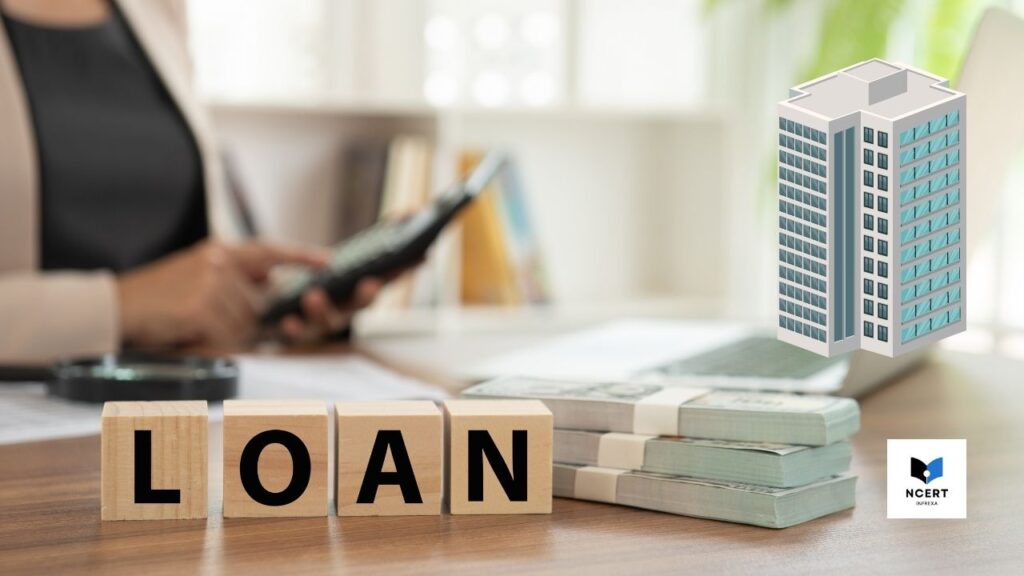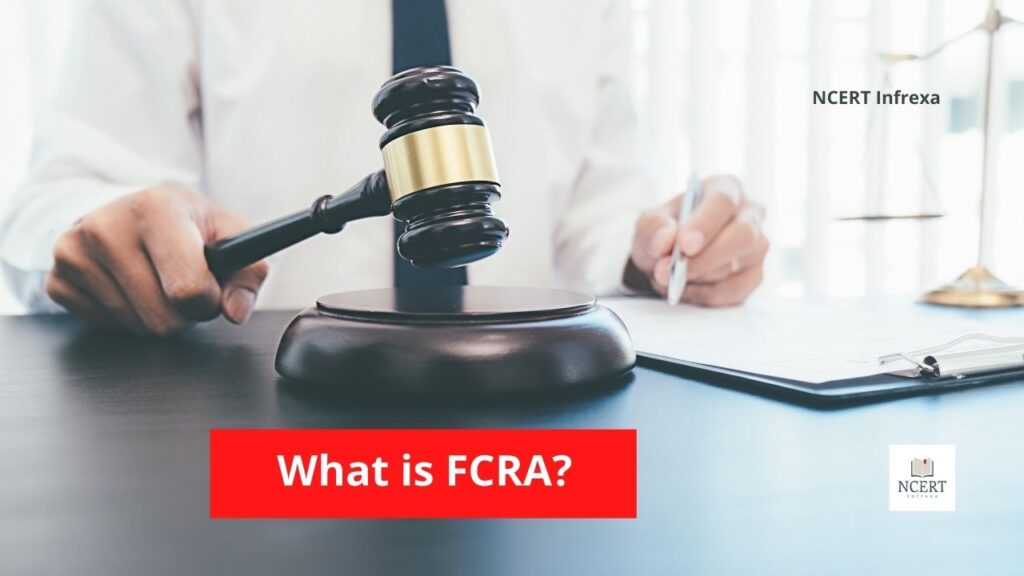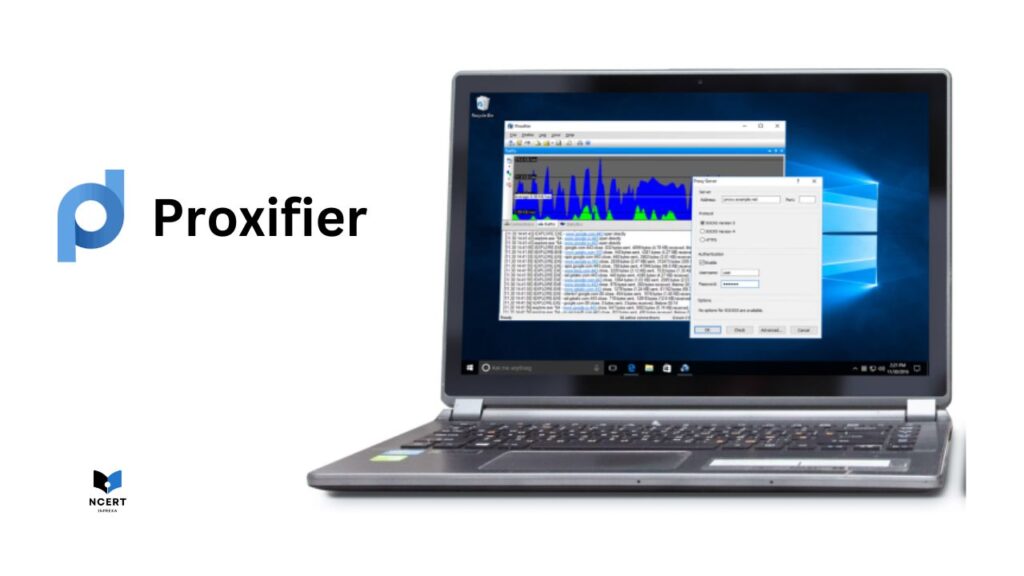Commercial Loan Truerate Services: Commercial loans are used by businesses to finance large purchases, pay for equipment, or expand operations. They’re also known as business loans, merchant cash advances, and factoring.
The sanctioned amount can be used for raising working capital, acquiring new machinery, construction of new infrastructure, operating costs, and meeting other such expenses.
What is a Commercial Business Loan?
A commercial loan is generally short-term finance that companies take to meet their unforeseen operating costs and capital expenses.
In the initial stages of a business, when you get a growth opportunity, there are many opportunities that require more capital.
Also, a business has many expenses. In all these cases, a business loan can be a good option for meeting your expenses.
Eligibility Criteria for Commercial Loan
Below are the Eligibility Criteria for Commercial Loans –
| Age | Minimum 21 years and Maximum 65 years |
| Minimum Turnover | As decided by the loan institution |
| Business Vintage | Minimum 5 Years (In Profit) |
- Startups are required to provide income projections for the next 5 years
- Businesses should not be listed in hostile territory or location
- NGOs, Trusts, Co-operative Societies, and Charitable Organizations are not eligible for Commercial Loan
Who is eligible for a commercial loan?
These businesses are eligible for a commercial loan, such as a public or private limited company, partnership firm, sole-proprietorship, limited liability partnership
Documents required for loan application
The documents required for a commercial loan vary from one lending institution to another. However, some of the documents that are generally required by loan institutions are as follows:
ID Proof (As per the conditions of the financier):
- Driving license
- Pan Card
- Passport
- voter id
- Aadhar Card
Address Proof:
- Passport
- Ration card
- Telephone bill
- Electricity bill
Business Proof (as applicable):
- VAT and GST Statement
- Balance sheet
- Income tax return for a specified period
- Profit and loss statement
- Bank statement
- Business vintage
- Certified copy of the Partnership Agreement
- Sole Proprietorship Statement
- Board Resolution
Processing fees and charges
Common processing charges include amortization fees, check swapping fees, contingency fees, check bouncing fees, late payment fees, pre-payment fees, stamp duty, etc. Processing fees depend on the policy of the financier.
Commercial Loan Interest Rates
The loans provided today are based on the terms of the Marginal Cost-Based Lending Rate, which is reset from time to time based on the economic rate.
Commercial business loan interest rates may vary depending on the risk assessment by the lending institution and other terms and conditions prescribed by the lending institution.
There are also loan contract fees, legal fees, late payment fees, and other costs included in the loan agreement.
Commercial loan interest rates depend on the terms and conditions and other factors, including lending institution, collateral, company turnover, profits, cash flow, credit wealth of the customer, etc. Commercial loans are offered for MSMEs, small businesses, for startups.
Benefits of Commercial Loan
1. Expansion of Business
Small businesses with good transaction history and an already established business model can avail of commercial loans to grow their business.
2. New Technology and Equipment
Small businesses who wish to purchase new equipment and machinery for their operations can avail of loans. Banks offer commercial loans, especially for buying new and costly equipment that can help businesses increase their productivity and give them an edge.
3. Inventory Management
When taking large orders, especially for manufacturing companies, companies need easily usable raw materials. Commercial loans can be beneficial in such situations and help businesses procure essential goods at the right time.
4. Working Capital
To meet all the daily requirements of cash and expenses, it is important to maintain a working capital that is able to survive in the market.
Commercial loans help strike a perfect balance between keeping cash for this daily operation and meeting unexpected expenses.
Read: ITR: Income Tax Return Slab, filling, and status
Types of Commercial Loans
Business loans can be classified on the basis of specific features and benefits that banks offer:
Bank Overdraft Facility
A bank overdraft facility is generally considered to be a short-term loan, a source of short-term funds that is possible to be returned in subsequent deposits. This facility allows a business to withdraw money from the company’s account up to the approved limit available.
Letter of Credit
A letter of credit is a document provided by a financial institution to a client or trading party that is located in a foreign country. The letter is issued to the seller on the condition that he/she/the business enterprise will provide certain documents confirming that the payment will be made against the delivery of the goods.
Bank Guarantee
Unlike a letter of credit, a bank guarantee is a facility that is provided to a customer of the said institution if they fail to make a ‘payment’. A guarantee is a fixed amount of money out of which payment is made to third parties within a limited period of the guarantee.
Lease Finance
Lease financing is a type of secured loan offered by the financier without completely sacrificing the rights of the customer by pledging his assets.
Lease finance allows the customer or lessee to simultaneously use the asset, the financier obtains legal ownership over the asset and can recover a substantial portion of the assets with additional benefits in terms of interest.
SME Collateral Free Loans
As the name suggests, these loans are made available for SMEs and are collateral-free. While small retail sellers are not eligible for this type of loan, it can be availed by start-up SMEs.
Construction Equipment Loans
Construction Equipment Loans are secured loans where the equipment itself is collateral and the repayment tenure varies from 12 to 60 months depending on the repayment capacity. These loans are generally used for the purchase of equipment like excavators, loaders, cranes, technically high-end equipment, etc.
SME Credit Card
The SME credit card loan can be availed as a cash credit or as a loan with a tenure of up to Rs 10 lakh. The repayment tenure of a term loan is usually 5 years and cash credit can be repaid in 10 years. SME credit card loans are generally made available to small retailers, small-scale businesses, small industries, and transportation businesses.
Commercial Vehicle Loan
The Commercial vehicle loan is generally made available to dedicated customers, transporters, and companies having more than 2 years of experience in a business venture with at least 2 commercial vehicle owners.
Commercial Loan Truerate Services – What Is It?
Truerate Services is a US-based commercial real estate advisory firm and a commercial lender anchored by the country’s capital markets and investment sales brokerage.
What Do Truerate Services Offer?
Truerate Services is well known for providing ‘Commercial Real Estate Services’ to businesses for example – Commercial loans, and Investments to Real Estate businesses.
A commercial loan is a type of financing that allows a company to borrow money against its future sales. This means that instead of paying interest every month, the borrower pays back the principal (the original amount borrowed) plus any additional interest that has accrued.
Commercial Loan Truerate Services offers the following services to corporates –
Transaction Type
- Acquisition Financing
- Refinance Loans
- Mezzanine Loans
- Bridge Loans
- Fannie Mae Loans
- Freddie Mac Loans
- FHA / HUD Loans
- CMBS Loans
Property Type
- Multifamily Loans
- Industrial Loans
- Hotel Loans
- Office Loans
What’s The Difference Between A Commercial Bank And A Commercial Lender?
There are two main differences between a bank and a lender when it comes to commercial lending. First, banks usually lend money based on collateral, while lenders do not require collateral. Second, banks charge higher rates of interest than lenders.
What kind of loans can you apply for? | Commercial Loan Truerate Services
If you need to borrow money for business purposes, then you will probably apply for a loan with a lender. Truerate services offer different kinds of loans for corporates that are linked with Real Estate businesses.
For example – Refinance Loans, Mezzanine Loans, Bridge Loans, Fannie Mae Loans, Freddie Mac Loans, FHA / HUD, Loans, CMBS Loans, Multifamily Loans, Industrial Loans, Hotel Loans, Office Loans, and so on.
How Much Does It Cost To Obtain A Commercial Loan from Truerate Services?
A commercial loan/borrowing from Truerate services is typically less expensive than borrowing from friends and family, but it comes with its own set of risks.
How Long Will It Take To Process My Application? | Commercial Loan Truerate Services
If you borrow money from a friend or family member, you will likely receive an answer within one week. However, if you borrow money from a bank or other lending institutions like Truerate Services, it can take anywhere from several days to several weeks before you hear back.
In most cases, Truerate services disburse commercial loans within a week or two.
Read this also:




